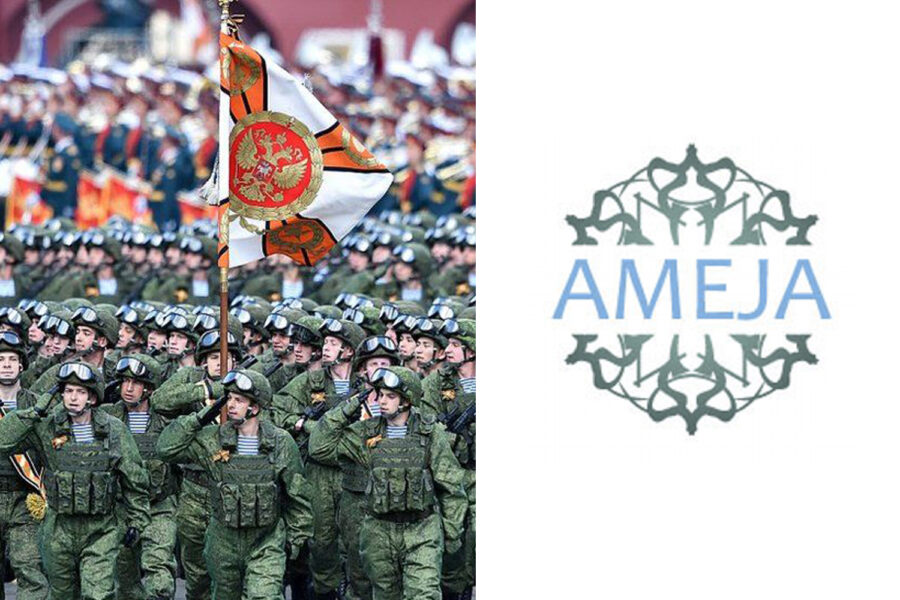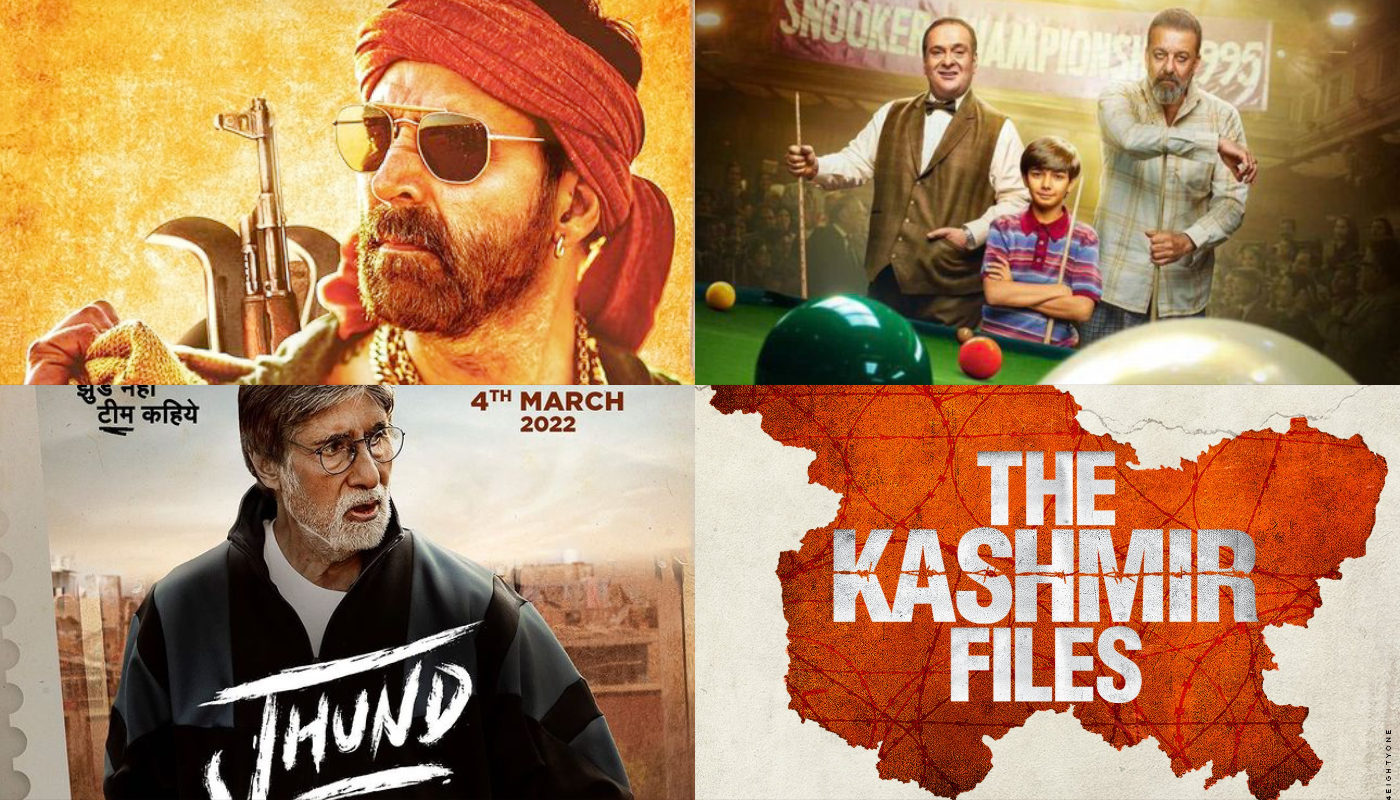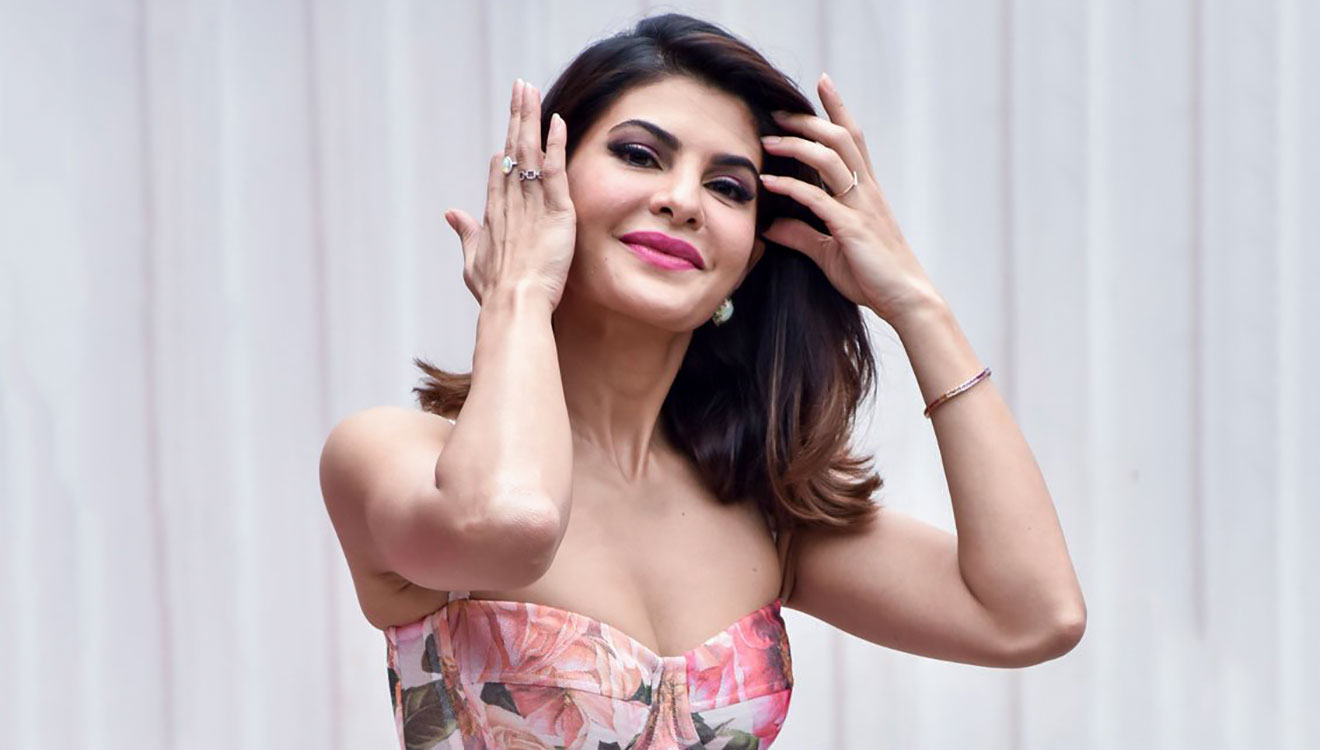The Arab and Middle Eastern Journalists Association (AMEJA) has called out the coverage of the ongoing crisis in Ukraine by Western media for being racist.
A statement issued by the AMEJA stated that the organisation “condemns and categorically rejects orientalist and racist implications that any population or country is ‘uncivilized’ or bears economic factors that make it worthy of conflict.”
“This type of commentary reflects the pervasive mentality in Western journalism of normalising tragedy in parts of the world such as the Middle East, Africa, South Asia, and Latin America. It dehumanises and renders their experiences with war as somehow normal and expected,” the AMEJA added.
The organisation also citied examples of such racist news coverage that ascribe more importance to some war victims over others. The statement mentioned that on Saturday, anchor Charlie D’Agata of CBS News said, “This isn’t a place, with all due respect, like Iraq or Afghanistan, that has seen conflict raging for decades… This is a relatively civilised, relatively European — I have to choose those words carefully, too — city, where you wouldn’t expect that or hope that it’s going to happen.”
D’Agata issued an apology on air the following day, expressing regret over his comments. He further stated that he was only trying to convey that Ukraine has not witnessed war of this scale in recent years. “You should never compare conflicts anyway, each one is unique… I used a poor choice of words and I apologize for any offense I may have caused,” D’Agata added.
AMEJA also called out Al Jazeera anchor Peter Dobbie, who had remarked, “They are obviously not refugees trying to get away from the Middle East…or North Africa. They look like any European family that you’d live next door to.” Al Jazeera later apologised for his remarks via Twitter.
The statement from AMEJA also mentioned a report by Danniel Hannan of The Telegraph, who had written, “They seem so like us. That is what makes it so shocking. War is no longer something visited upon impoverished and remote populations. It can happen to anyone.”
Stating that media outlets should not make comparisons to weigh the significance of one crisis over another, AMEJA pointed out that all causalities and issues of displacement across the world are equally as debilitating as the situation in Ukraine.
“AMEJA stands in full solidarity with all civilians under military assault in any part of the world, and we deplore the difference in news coverage of people in one country versus another. Not only can such coverage decontextualize conflicts, but it contributes to the erasure of populations around the world who continue to experience violent occupation and aggression,” the organisation said. It further called on media organisations to provide training to anchors to avoid such explicit bias.
Recommended
Another instance of overt racism was displayed by Ukrainian Deputy Chief Prosecutor, David Sakvarelidze, who told the BBC, “It’s very emotional for me because I see European people with blue eyes and blonde hair being killed.”
On February 21, Russian troops entered Ukraine from the eastern regions of Donetsk and Luhansk. This was followed by the launch of a large-scale invasion on February 24. On Tuesday, a 21-year-old Indian medical student was killed in the city of Kharkiv in eastern Ukraine, near the Russian border, marking India’s first casualty in the war.



